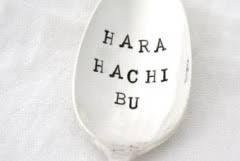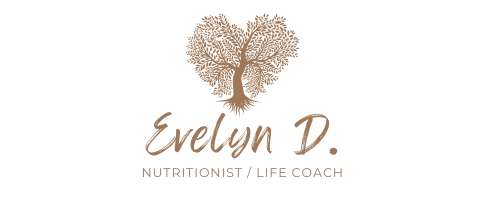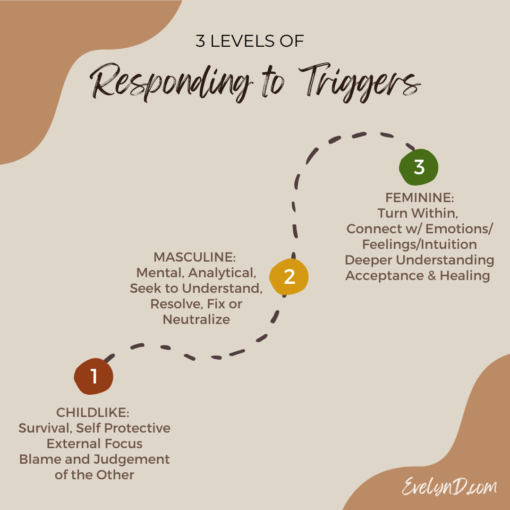The #1 cause of weight gain (or not losing weight) is overeating – hands down. All this means is that you’re taking in more food than your body needs and your smart body is storing the excess as adipose tissue (fat) for later use.
REMEMBER: Our physiology is designed for survival not flat abs.
Although inflammatory conditions, hormones, genetics and lifestyle definitely play a role in weight gain/weight loss resistance, if you’re CONSISTENTLY eating the right real food in the right nutrient balance and balancing your lifestyle (sleep, stress, movement) so that insulin and hunger/satiety hormones are in check, you will lose body fat and keep it off forever (if that’s your goal.)
The challenge is developing the practice of NOT overeating so that it becomes habit.
I’ve shared the approach I’m personally taking for fat loss which is super simple: not snacking. Note that my foundations are all well in place:
- I eat anti-inflammatory real food. Usually nothing fancy – just the basics. I plan my eating each day in my head. My house is stocked with all the Keto basics including lots of veggies. I work from home most days and I know what I like and what works – you may need more structure and planning than I do, so reach out if you need help.
- I eat lots of non-starchy veggies.
- My carbs are in check AND I don’t over-consume fat just because I’m Keto (I’ve learned this the hard way :/)
- I drink low carb wine moderately as my “intentional indulgence” (2-4 glasses per week – that’s my “treat” if I want it).
- I have balance with my stress, movement and sleep.
- I don’t choose to use food or alcohol to mask my uncomfortable feelings anymore.
So for my goal, the area of focus that will shave off a few hundred dietary fat calories – that will allow my body to use it’s stored fat for fuel – is snacking.
Snacking adds to overall intake really fast – especially if you’re snacking mindlessly (in your car with a bag of nuts or in front of the TV with a bowl of popcorn or chips, or drinking calorie dense lattes, or that evening wine and cheese, etc…). Every eating occurrence also has the likelihood of releasing more insulin which is a fat storage hormone:
less frequent eating = less insulin = less potential for fat gain
Another practice I’m working on is called “Hara Hachi Bu” . This weirdly cute sounding phrase is an ancient Japanese longevity principle where you eat to 80% fullness. It’s been studied in Blue Zone research with the Okinawans.
This approach is a little more challenging for me sometimes – especially when I’m really hungry from not snacking or from intermittent fasting. Plus I have a lifelong habit of eating to fullness.

The more I practice slowing down, tuning in to my body and it’s fullness queues, the more food I’m able to leave on my plate – or to not go for seconds.
The ‘sweet spot’ Hara Hachi Bu feeling level is where you feel very close to satisfied but not stuffed or completely full. The reason why you want to practice stopping at “very close to satisfied” versus fully satisfied is because it takes about 5-20 minutes for your gut to tell your brain it’s full.
If you’re a distracted, fast eater like I tend to be, this could definitely tip the scales more toward overeating – just by continuing to eat in those critical few minutes.
I use this awareness scale with wine too. With alcohol I’m not so much looking for fullness (obviously), but moreso tuning into how I feel. If I start to feel a little dull in the head, that’s a signal that it’s time to stop and switch to water, seltzer or tea.
I’m not perfect. You won’t be either. That’s why it’s called a practice. I’ve definitely found myself eating too fast or picking while I’m preparing dinner or finishing that second glass of wine instead of leaving it.
I’m learning.
As long as you’re committed to your goal, checking in honestly with yourself everyday – then you’ll know what’s working and what’s not. If it’s not working, then you need to make adjustments (and not give up).
KEEP MOVING FORWARD. You got this <3.
P.S. Need help with the foundations I explained above? I got you covered! I created the 5 KEYS guide (it’s free!). These are the absolute basics that HAVE to be in place – especially if you’re a woman over 40! Download it now, read it – complete the worksheet – do the actual work (small steps)…and let me know how you’re doing.




